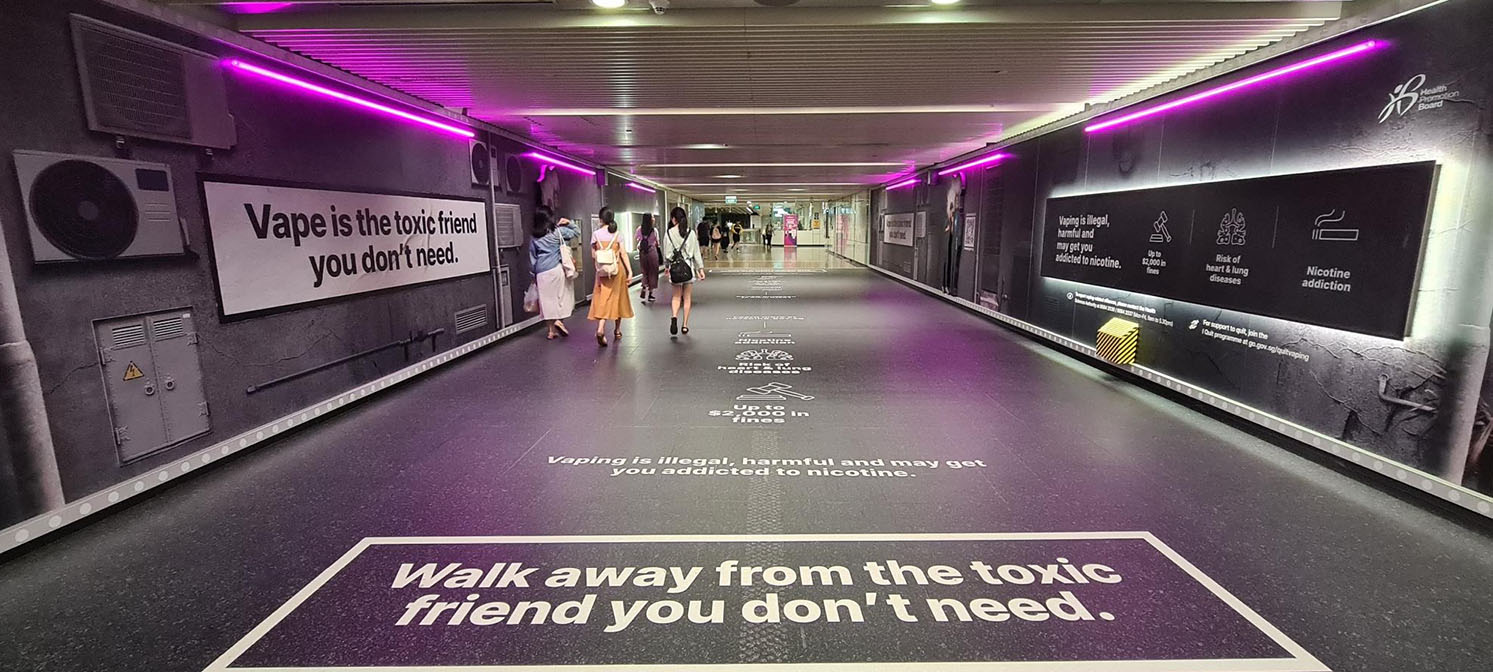Prohibited Goods
Saturday, June 10th 2023
Introduction
Singapore, like any other country, has a list of prohibited goods that are not allowed to be imported. While some items on this list may be obvious to experienced travellers, the Singaporean government has regulations regarding certain common items that may not be considered illegal in your home country or might be overlooked. It's important to be aware of these regulations to ensure compliance and avoid any legal issues during your visit.
The following list highlights some items that may be unexpected as prohibited in Singapore. However, please note that this list is not exhaustive. To obtain a comprehensive understanding of the prohibited goods, it is advisable to visit the Civil Aviation Authority of Singapore's website, and refer to the latest Aeronautical Information Publication & Amendments (AIP) document.
By familiarising yourself with these regulations, you can ensure a smooth and hassle-free experience when entering Singapore, while also respecting the local laws and maintaining a responsible approach to travel.
Chewing gum
Chewing gum, bubble gum, and other gum products, including chewing tobacco, have been prohibited from being imported into Singapore since 1992
The ban on gum products may seem stringent from an outsider's perspective, but it was implemented with two primary objectives: to address the issue of chewing gum litter in public spaces and to prevent disruptions to the country's Mass Rapid Transit (MRT) services. Prior to the ban, incidents of vandals placing gum on door sensors triggered fail-safes that disrupted the train services. These disruptions not only caused inconvenience and delays for thousands of passengers but also had significant implications for the economy and the overall harmony of the city-state
Given that MRT services serve as a vital lifeline for both Singaporeans and visitors, it is crucial to prevent disruptions to the train network. Any interruptions can result in inconveniences, travel delays, and potentially affect the smooth functioning of the city-state's economy.
Travellers should be aware that the illegal importation of gum products, often referred to as "gum smuggling", can lead to charges under the regulations. Importing gum products is considered a violation of the law, and individuals found guilty may face severe fines and imprisonment
e-Cigarettes and Vaping
In Singapore, the use of e-Cigarettes and electronic vaporisers, commonly known as vapes, has been illegal since 2018. This prohibition is in place due to concerns over public health and the potential risks associated with vaping. It is important to note that purchasing, using, or owning an electronic vaporiser can result in fines of up to SGD$2,000 per offence

Under the Tobacco (Control of Advertisements and Sale) Act 1993, individuals convicted of selling, offering for sale, possessing for sale, importing, or distributing electronic vaporisers can be liable to a fine not exceeding SGD$10,000, imprisonment for up to six months, or both, for the first offensive
If you are considering smoking cessation or seeking alternative methods, it is advisable to explore other options available and consult with healthcare professionals or relevant support services for guidance.